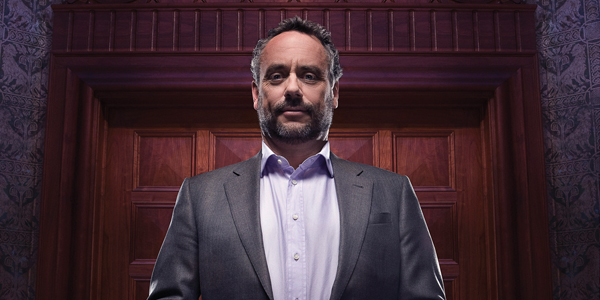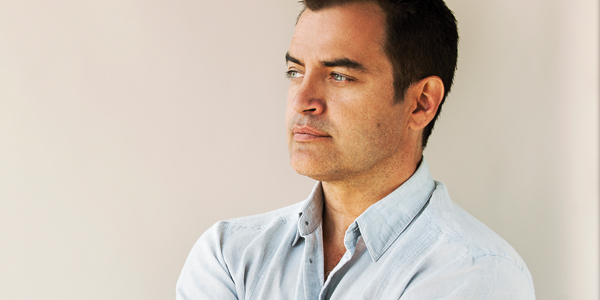 Are you in a rut? Are you doing the same thing over and over and expecting a different result? Maybe it’s time to wake up!
Are you in a rut? Are you doing the same thing over and over and expecting a different result? Maybe it’s time to wake up!
A habit is a pattern of thinking, feeling, and behaving that has become automatic or routine. When you are in a habit rut, you are sleepwalking through your experience; some people describe this as ‘autopilot’. You think, feel and behave as you have done in the past and, of course, your results continue to be the same.
Your thoughts create your feelings, and your feelings drive your behaviors. Your thoughts include everything from your beliefs, values and attitudes to your expectations, needs and desires. These thoughts are often embedded in the stories you tell yourself at various times during the day. You might behave as though your story is real, but your story is likely just that — a story. You can connect with your feelings, notice the stories your mind is creating, and choose an action that supports a positive shift in your understanding and your life. You can develop new habits!
Imagine that you are experiencing a negative feeling that is keeping you from being effective.
Examples are:
- You are about to meet with a staff member with whom you have had a challenging relationship. You are feeling frustrated. You want to be in a better emotional state when you meet with the person because you know that you need to work together on a new project.
- Something happened at work today and you are feeling judgmental and critical of the way your manager behaved. You want to release yourself from this feeling so that you do not take this energy home to your family.
- A family member has said something that you are finding difficult to forgive or move past.
Follow these simple instructions to wake up to your habits:
1. Tune in to how you are feeling
Choose a word to describe the feeling.
2. Consider your story
What story are you telling yourself that has created this feeling in this situation?
3. Identify your thoughts
What do you believe to be true, that might not be? What are you attributing to the other person, or the event, that might not be appropriate? What is an alternative interpretation of what you are noticing? What, specifically, are you reacting to? What about the other person’s behavior reminds you of yourself? What can you do to care – for yourself, the other person, the situation?
4. Choose a new story
How does a new story help you to be more effective in this situation? What new thoughts will help you to be most effective right now?
5. Behave as though your new story is true
What do you notice? What new results are possible for you?
Recently, a client shared a story with me about how she woke up to her habits. Jane was a highly competent project manager for a high-technology company. She hoped to be able to move up the corporate ladder and enjoy a long career with this firm. Jane was jealous of her co-worker, Tom, who seemed to be constantly selected over her for ‘plum’ projects and job opportunities. Jane believed that Tom was a ‘brown-noser’. She felt resentful and angry, resulting in her inconsistent, unprofessional behaviour at work.
Jane realized that her story about Tom was HER story. She could not know the true intentions behind his behavior (unless she asked him), but she could choose a story that worked for her rather than against her.
Jane decided to change her behaviour. She congratulated Tom on his new projects, and even offered to help him meet a tight deadline for an important assignment. She met with her manager and indicated her interest in a new project that was on the horizon. Soon, Jane was getting the project assignments she desired!
We all have habits – the way we think, how we associate feelings, and how we behave. These habits, both positive and negative, determine our experience from moment to moment.
What kind of experience do you want? Are you ready to wake up to your habits?





